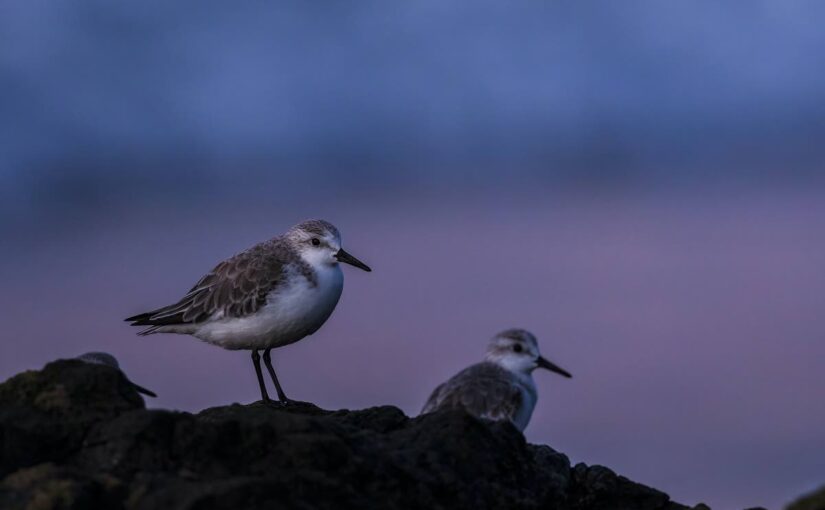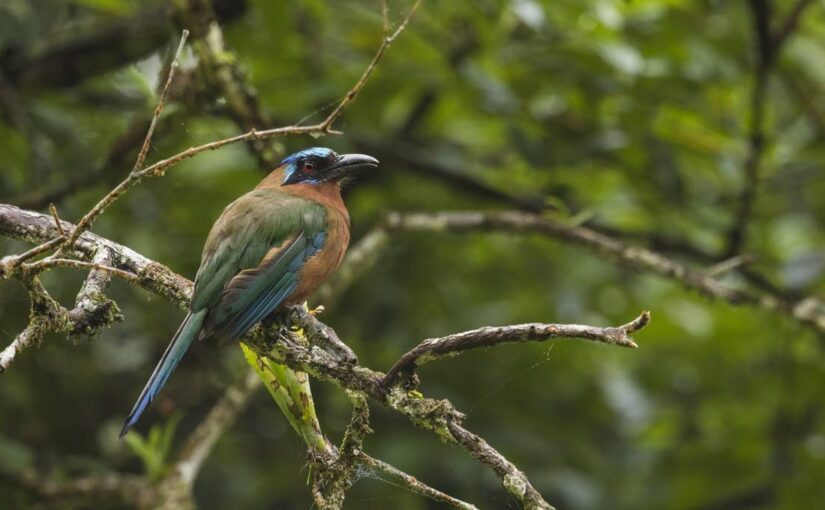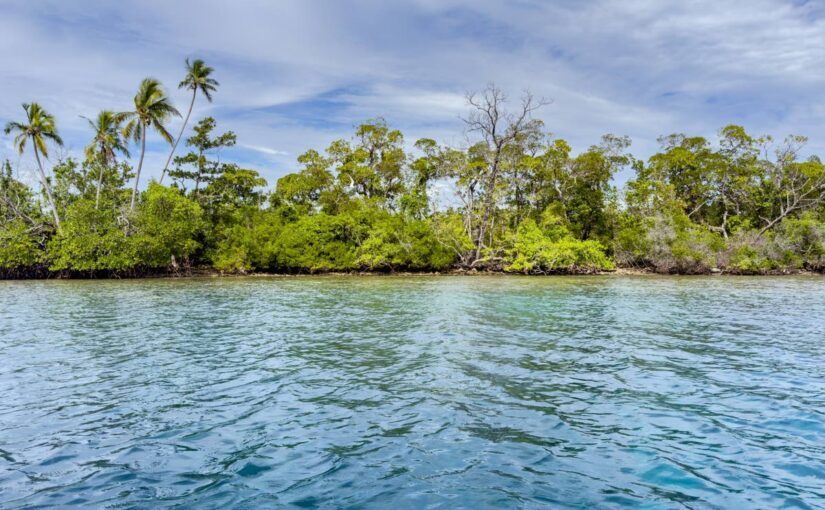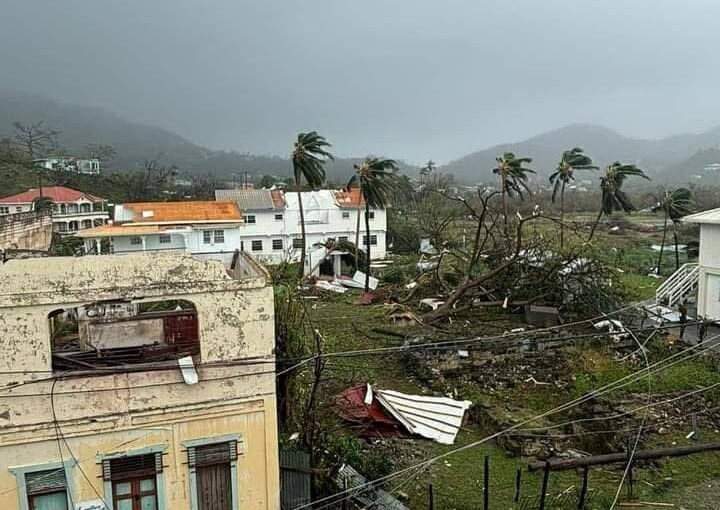Faraaz Abdool discusses how national parks and other protected areas bring benefit to people and communities. PARKS, reserves or sanctuaries are...
Vous n'êtes pas connecté
- English
- Français
- عربي
- Español
- Deutsch
- Português
- русский язык
- Català
- Italiano
- Nederlands, Vlaams
- Norsk
- فارسی
- বাংলা
- اردو
- Azərbaycan dili
- Bahasa Indonesia
- Հայերեն
- Ελληνικά
- Bosanski jezik
- українська мова
- Íslenska
- Türkmen, Түркмен
- Türkçe
- Shqip
- Eesti keel
- magyar
- Қазақ тілі
- Kalaallisut ; kalaallit oqaasii
- Lietuvių kalba
- Latviešu valoda
- македонски јазик
- Монгол
- Bahasa Melayu ; بهاس ملايو
- ဗမာစာ
- Slovenščina
- тоҷикӣ ; toğikī ; تاجیکی
- ไทย
- O'zbek ; Ўзбек ; أۇزبېك
- Tiếng Việt
- ភាសាខ្មែរ
- རྫོང་ཁ
- Soomaaliga ; af Soomaali
Rubriques :
 Maroc - NEWSDAY.CO.TT - A la Une - 08/Aug 14:14
Maroc - NEWSDAY.CO.TT - A la Une - 08/Aug 14:14
Birding the islands
Faraaz Abdool finds a Caribbean community in the Global BirdFair, and wonders how this energised and dedicated group could influence the region. At the recent Global BirdFair in Rutland, UK, tour companies, tourist boards, artists, manufacturers of binoculars and cameras, audio recording aficionados, and many others gathered to network and exhibit their products for a weekend to a variety of potential customers. St Lucia and Tobago along with Hadco Experiences from Trinidad were present and impactful at the 2024 fair. Contributing to the vibrant Caribbean presence was the Barbados-based company called Birding the Islands. Dubbed “The Caribbean Specialists,” Birding runs multi-island tours throughout the region to ensure costly long-haul flights bring birders on a multi-island tropical odyssey to outstanding destinations, prioritising those with an ethos based on equity and conservation. Birding the Islands employs local guides on each island, ensuring grassroots engagement in which locals with the most knowledge can also be empowered to protect the birds and their habitats. Its aspirations are simple: to bring people to enjoy the birds of their islands. By doing this in increasing numbers it is possible it could change the face of tourism in the region. And who knows, it could have an impact on official attitudes to nature, conservation… and development of the region. The Caribbean archipelago stands ready to be awakened to the value of being a single, unique region, unified in the appreciation and preservation of swathes of forests, marshes and coastlines. Connected by the sea Archipelagos are scattered across the world, smatterings of land rising from warm and frigid oceans at all latitudes. Whether in tropical or temperate waters, they are all families of islands keeping each other within view. Sharing currents, nutrients, and rich geological history, archipelagos harbour unique environments and biodiversity with a high degree of endemism. Many of these island groups are politically united and are distinct countries, such as Indonesia, Japan, New Zealand, the United Kingdom and the Philippines. Others form part of continental countries by virtue of their colonial history or proximity to a large land mass, such as the islands in the Canadian Arctic that fall under the jurisdiction of Canada. A few were remote colonies, such as most of the Caribbean, or the British overseas territory of the Falkland Islands off South America. In the Caribbean, however, despite the common threads that weave through our culture, we are currently distinct countries with individual governments and goals. This departs strongly from the pre-Columbian practice of free movement across the region. Today, the majority of Caribbean islands are independent nations, free from colonial masters, but still separate from each other. Life in the natural world has always been more integrated. Some species migrate, while others stay put. Governed by their ecological niche, some animals will follow ocean currents and nutrient blooms regardless of how far it takes them, while others remain on a single island for their entire lives. [caption id="attachment_1101234" align="alignnone" width="576"] Collaboration is at the heart of the Caribbean family, Ryan and Faraaz share a momentwith fellow exhibitor Rachael Nathaniel of Hadco Experiences. -[/caption] This cornucopia of life has given the Caribbean a blend of connection and distinctiveness:unity in diversity, some say. A consultation in 2002 on the feasibility of the Tobago tourism product, for example, identified that the northeastern portion of the island was perfectly suited to the emerging trend of small-scale ecotourism. The island is well poised to take advantage of the shift in attitudes using very low investment and grassroots involvement of villages, while the southwest retains its conventional tourism product. Now, the raw material of the Caribbean seems perfect for nature-based tourism. The idyllic islands of the West Indies are already famous for azure waters and fine sand set against the backdrop of densely forested mountains with peaks that often nuzzle clouds above misty, precipitous, valleys. The Caribbean islands and their inhabitants have an appeal that spans the globe. In a 2022 survey of global travellers, 80 per cent indicated that their priority was sustainable travel; travellers are concerned about the ecological, social, and economic impacts on often marginalised communities. Within this sphere, birding tourism accounts for over three million international trips undertaken each year Birding the Caribbean The Caribbean is home to near 1,000 species of birds, with a whopping 180 species endemic to the region. For globe-trotting birders, these species are some of the most coveted, as they are not found anywhere else in the world. Over 100 of these are single-island endemics. Many are the most at-risk species for extinction owing to their limited range and constant battle against the unrelenting hand of man. For instance, development, forest fires, and logging of Caribbean pine forest on Grand Bahama continue to shrink the available habitat for a tiny bird confined to that island – the Bahama nuthatch. Stronger and more frequent hurricanes pummel the region. After consecutive Category 5 hurricanes swept over The Bahamas in 2016 and 2017, the outlook for the species was bleak. This little bird has not been seen since the Category 5 hurricane in 2019. The Bahamas isn’t high on many birders’ lists. Nor is Grenada, the only place on earth where one can still see the critically endangered Grenada dove. Most folks are generally unwilling to travel vast distances to a single destination to see a handful of birds, however flashy or threatened they may be. As it stands, the travelling birder is typically from the global north. This is one example of how the Caribbean’s divided legacy is a disservice to the region. An initiative like Birding the Islands could inspire birders all over our region, and start a movement or a revolution in our relationship with nature. The post Birding the islands appeared first on Trinidad and Tobago Newsday.
Articles similaires
An archipelago in the Pacific
Joanne Husain takes us with her to the Solomon Islands, on the other side of the world. The Solomon Islands, simply referred to as the Solomons, are...
Birding in the Warm Heart of Africa
Malawi, known as the ‘Warm Heart of Africa’, is home to over 650 species of birds and is the perfect destination for ornithologists and bird...
Skinny Fabulous wins 4 Caribbean Music Awards
ST VINCENT and the Grenadines' soca star Skinny Fabulous won four awards at the Caribbean Music Awards at Kings’ Theatre, Brooklyn, New York. He...
How Parrotfish Promote Coral Health
Neighbors can be annoying. They may be loud or intrude on your space. But is it worth fighting with them? Parrotfish choose not to. In a new study...
30-Acre 'Wetherly Estate' On BC's Salt Spring Island Asks $8.7M
In British Columbia, Vancouver Island may be the best known island (and for good reason), but it's actually one of many located off the coast of the...
The enemy of my enemy
Wilding conifers are a major threat to New Zealand’s environment and economy. Understanding how these species invade and re-invade the landscape is...
The enemy of my enemy
Wilding conifers are a major threat to New Zealand’s environment and economy. Understanding how these species invade and re-invade the landscape is...
Afreximbank donates US$500k to countries hit by Hurricane Beryl
THE African Export-Import Bank (Afreximbank) has donated more than US$500,000 to countries affected by Hurricane Beryl. In a media release on...
Smiling enemy of nationhood
Jerome Teelucksingh POLITICS IS the lifeblood of countries, but it is also cancerous, as it attacks the cells of nationhood. Occasionally,...
Les derniers communiqués
-
Aucun élément






